Datsun went from small-timer to major force in the United States during the decade of the 1970s, and Nissan decided to celebrate the following decade by selling the Violet-based Auster with Stanza badges here, while simultaneously phasing out the Datsun name in favor of the actual name of the company. Today’s Junkyard Gem is a first-year example of the Stanza, found in a Colorado self-service boneyard recently.
The Stanza was meant to fit between the Datsun 310 and the Datsun 810 Maxima in Nissan’s 1982 American showroom lineup. The MSRP for the base four-door hatchback was $6,999, or about $22,767 in 2024 dollars. That made it a bit pricier than the better-equipped Toyota Corolla sedans but a lot cheaper than the Toyota Corona (then in its final year before being replaced by the Camry).
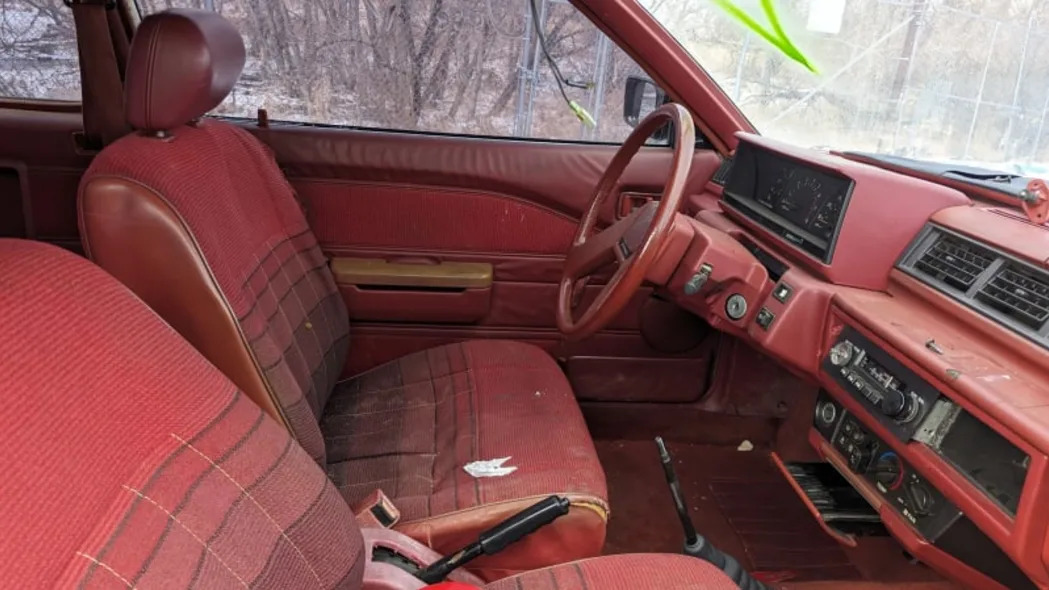
The Stanza lived on the Violet platform here through 1989, then became a Bluebird. For the 1993 model year, it became the Stanza Altima in the United States, with the Stanza name lingering on the covers of Altima owner’s manuals through 1996 before getting stuffed into Nissan’s memory hole.
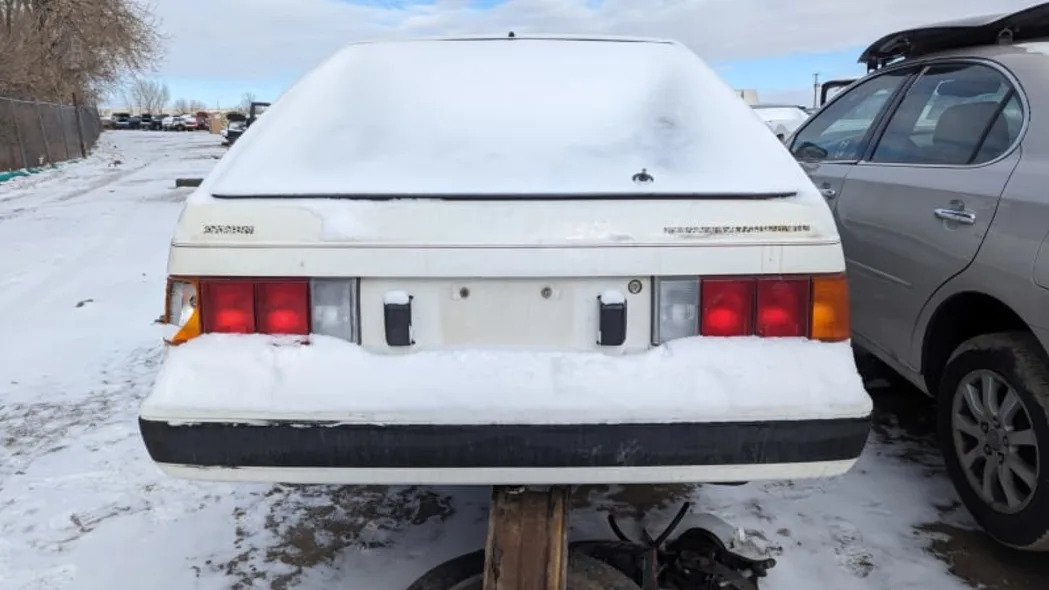
What to call the 1982 Stanza remains something of a challenge, because Nissan was getting serious about the de-Datsunification of its North American-market vehicles when this car was built, yet didn’t want to sacrifice all the name recognition Datsun had earned here. The badges have been pried off this car by a junkyard shopper, but it once had a big DATSUN emblem on the left side of the hatch and a big NISSAN STANZA badge on the right side.
Officially, it was marketed as the Nissan Stanza, sold by your Datsun (“Product of Nissan”) dealer. Meanwhile, 1982 and 1983 vehicles still badged as Datsuns were getting “by Nissan” badges. The Sentra first appeared in the United States in 1982, and it also got Datsun badging at first.
It took until 1984 for the name change to take full effect, although some early 1984 model Nissans got Datsun badges here. Decades later, Nissan revived the Datsun name, before killing again it a couple of years back. The guy who thought up that idea had to leave Tokyo in a hurry.
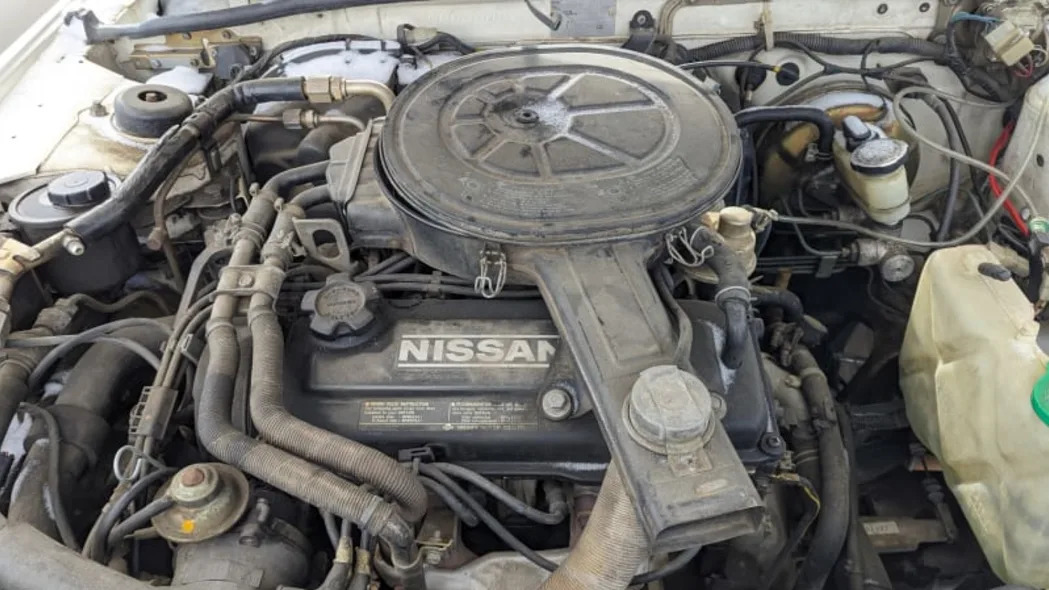
Like its Altima descendants, the Stanza was a lot of car for the money. This is a 2.0-liter SOHC straight-four rated at 88 horsepower and 112 pound-feet, not bad for a Malaise Era car that scaled in at a mere 2,220 pounds.
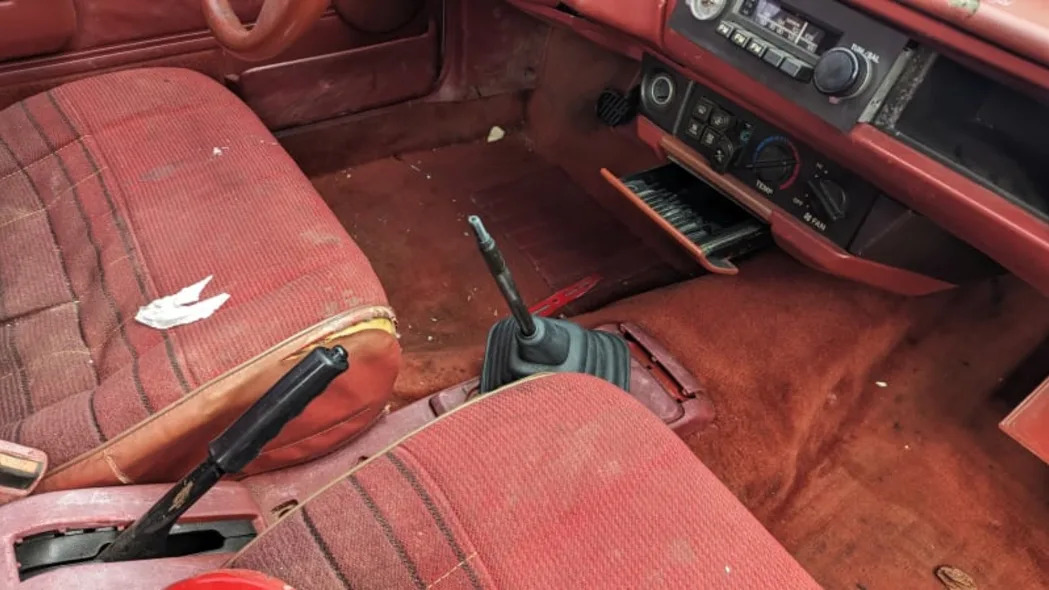
A five-speed manual transmission was base equipment, with a three-speed automatic priced at $280 ($911 today).
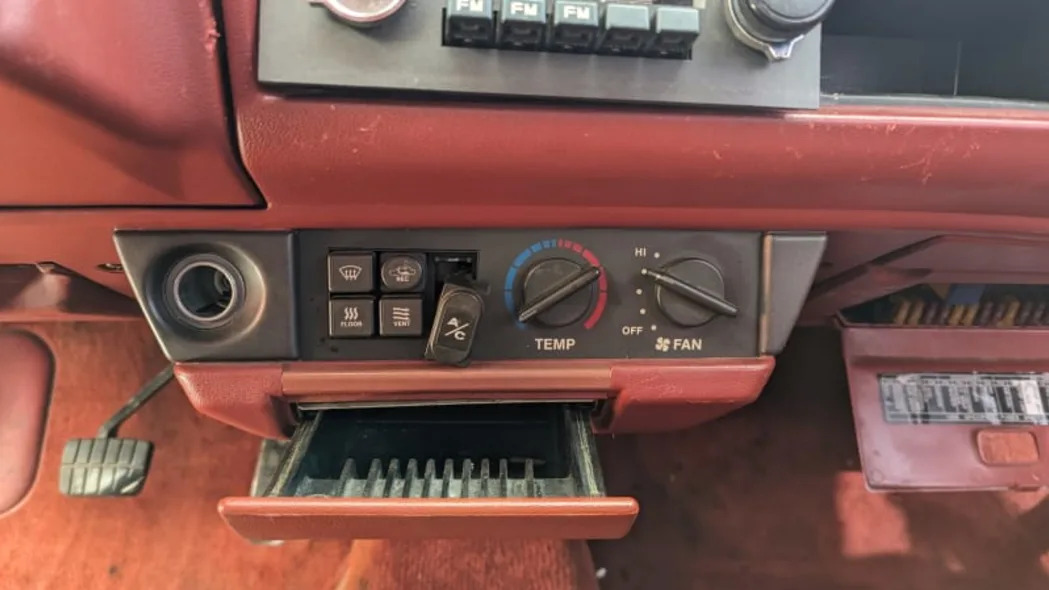
This car has the manual transmission, but it also has some few extra-cost options. The air conditioning added $590 ($1,919 now) to the price tag.
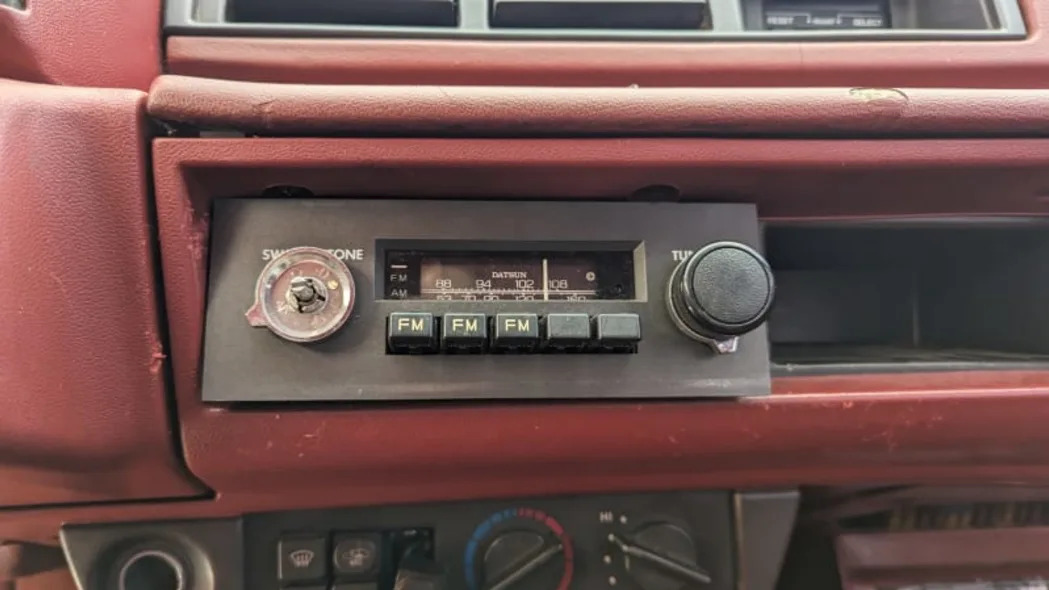
The AM/FM radio and tilt steering wheel came at no extra cost in the XE trim level. Note the DATSUN logo on the tuner dial.
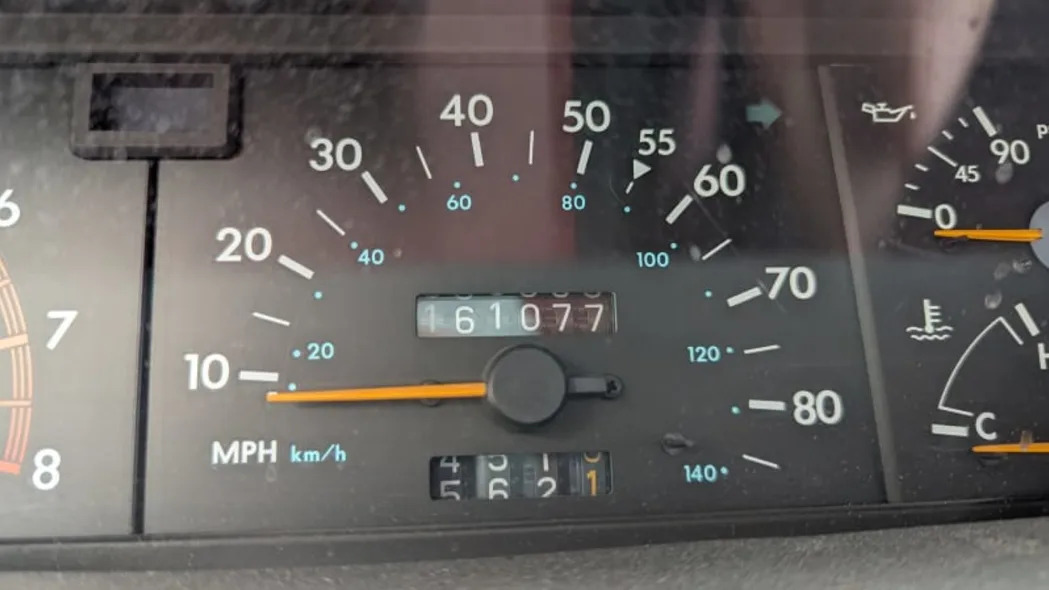
I’ve found a junkyard Stanza with better than 400,000 miles on its odometer, but this one just squeaked past 160,000 during its career.
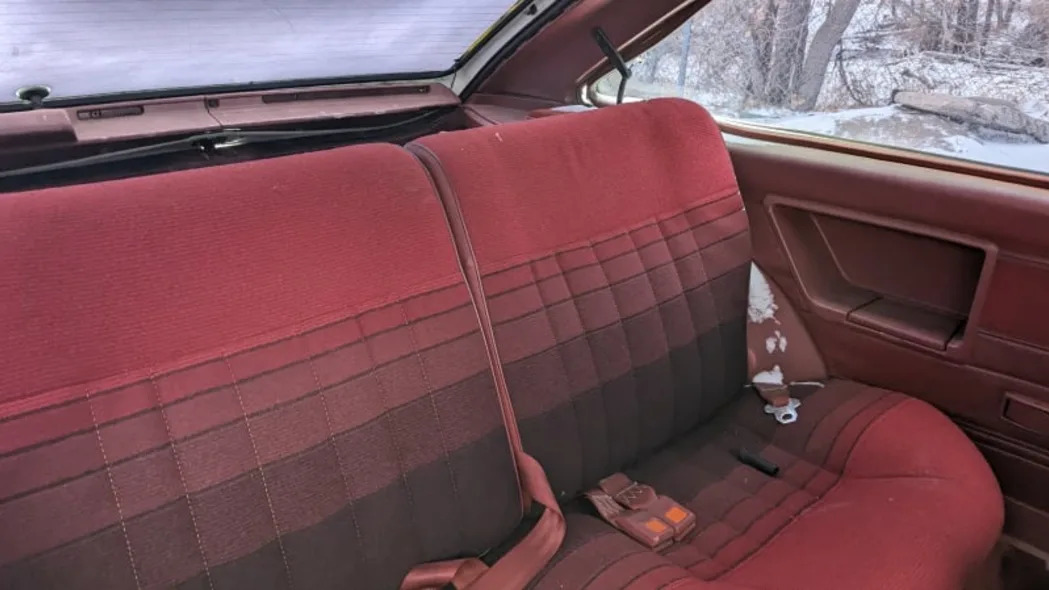
Nissan was one of the premier manufacturers of Bordello Red™ car interiors during the 1980s.
The family car of the future!
Once the 310 went away, the Sentra became the model positioned just below the Stanza.
The JDM versions of this car got different snouts.
Read the full article here


